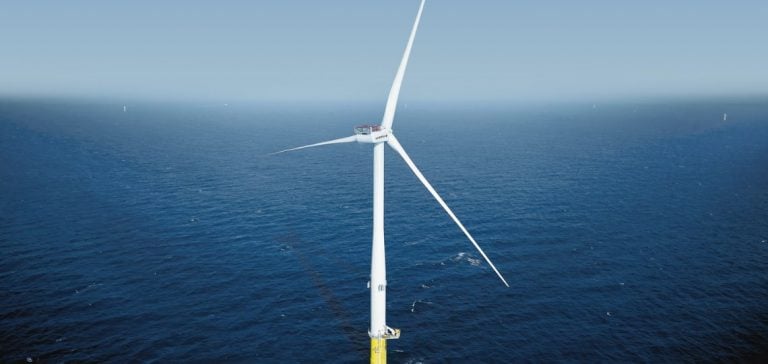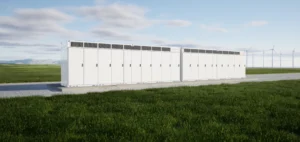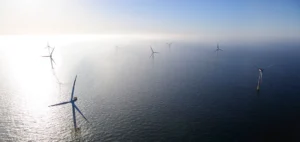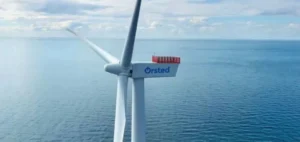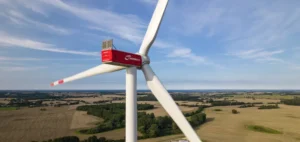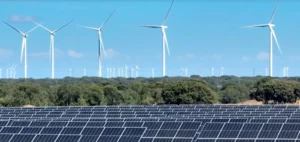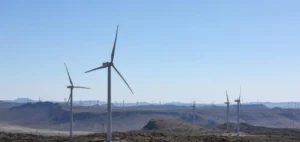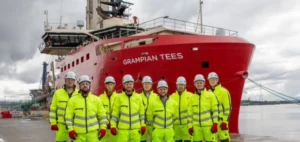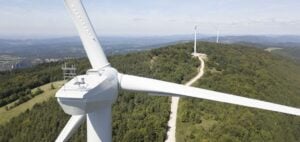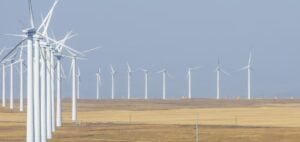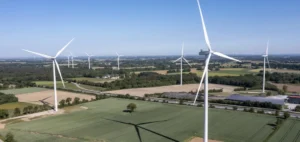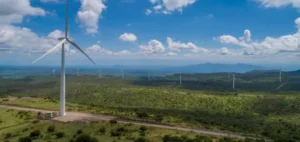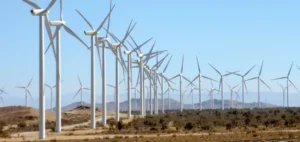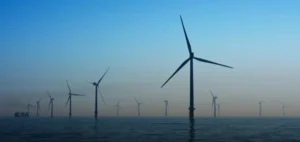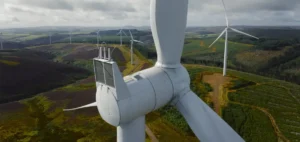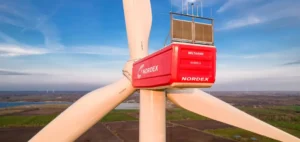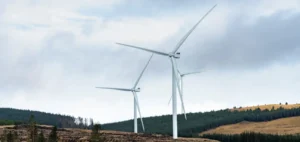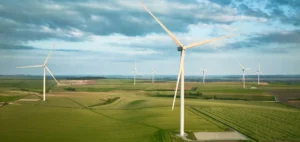The Friston offshore wind farm project is causing growing tension between renewable energy developers and the residents of this picturesque region of eastern England.
While the stated aim is to decarbonize electricity supply by 2030, residents are expressing deep concern about the environmental and tourism impact of the infrastructure required for the project.
The planned works, in particular the construction of trenches for the connection to the power grid, are perceived as a threat to the local landscape and biodiversity, particularly the protected bird species that inhabit the area.
Although in favor of the transition to renewable energies, local residents are firmly opposed to the installation of overland infrastructures.
They believe that such works would disfigure their natural environment and that there are viable alternatives.
Fiona Gilmore, former strategic advisor and founder of the Suffolk Energy Action Solutions (SEAS) group, stresses that residents’ concerns should not be reduced to a simple “Nimby” syndrome.
She argues that “this is just a way of undermining our legitimate concerns for nature and the environment”.
The group calls for all infrastructure to be installed offshore, taking inspiration from the models of neighboring countries such as Denmark and the Netherlands.
Environmental and social issues
Adam Rowlands, representing the Royal Society for the Protection of Birds (RSPB), highlights that the debate goes beyond the local level.
He points to the risk the project poses to North Warren Nature Reserve, highlighting the need to transform the energy network while preserving biodiversity.
“We need to do it in a way that doesn’t exacerbate the biodiversity crisis,” he declares, while acknowledging that offshore options also present ecological challenges.
This dynamic underscores the complexity of the decisions to be made as part of the energy transition, where environmental and social interests need to be carefully balanced.
Government support, from both the current Labour Party and the former Conservative government, strengthens National Grid’s position.
However, campaigners and residents often feel ignored in the planning process.
Charlotte Fox, a local campaigner, expresses her dismay at the situation: “What’s the point of causing all this destruction and damaging the biodiversity we are trying, first and foremost, to save?”
This question raises concerns about the way decisions are made, and the need for a more inclusive approach that respects local concerns.
Reactions from authorities and activists
The authorities, represented by Energy Secretary Ed Miliband, remain firm in their support for the project.
The latter recently rejected calls for a pause to reconsider the plans, promising to “tackle those who are blocking, those who are causing delays”.
This stance highlights a growing gulf between decision-makers and local communities, who often feel left out of discussions about the future of energy.
Campaigners, having spent hours preparing briefs for planning hearings, express frustration at a sense of inefficiency and ignorance of their concerns.
Ralph Fiennes, a committed actor, has also taken a stand in this debate, stressing the importance of an environmentally-friendly approach.
In a short film he directed, he asserts: “Yes, yes, yes to green energy, a million times over, the planet is lost without it”, while insisting on the need to preserve the human link with the coast.
This intervention underlines the importance of integrating diverse voices into the energy transition process, to ensure that the solutions adopted are both sustainable and acceptable to local communities.
The tensions at Friston illustrate the complex challenges facing renewable energy projects in an energy transition context.
While the need to decarbonize energy supplies is recognized, it is essential to strike a balance between environmental ambitions and the concerns of local communities.
Discussions around this project highlight the importance of a collaborative and inclusive approach, which takes into account the needs and aspirations of residents while moving towards a sustainable energy future.


